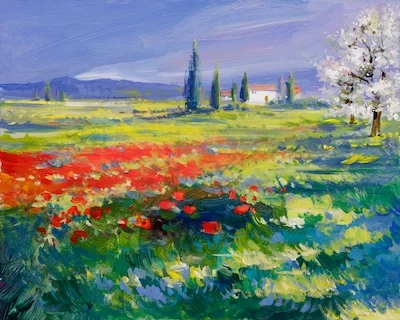ELIZABETH MCINTOSH: ISLANDS
to
Catriona Jeffries Gallery 950 East Cordova Street, Vancouver, British Columbia V6A 1M6

SITE Photography
Elizabeth McIntosh, "Vein Man," 2017
mixed media
ISLANDS is Elizabeth McIntosh’s first solo exhibition with the gallery, while an ‘island’ is a piece of sub-continental land surrounded by water. Comprised of her most recent paintings, there is a suggestion here of paintings as metaphorical islands. Many of the works in this show were created during her residency this past summer on the remote continental island of Fogo, Newfoundland, and elements of these works are taken directly from that visual environment and its histories. Almost directly south of Fogo, but well below the equator, lies the oceanic, tropical island of Barbados, which has featured in Elizabeth’s previous work and where she has personal connections. Islands are distinct, but ‘island culture’ and ‘island time’ connect them psychically, despite geographic, racial, historical and political differences.
Elizabeth’s work is deftly articulated through multiple painting vocabularies. Colourful geometric abstractions ebb through pattern and into graphic, representational compositions, shifts which are led by her continuous questioning of contemporary painting practices. Her recent work is based in a systematic process of digital collage, often beginning from a growing image archive developed over several years. This visual cache includes fragments from historical paintings, but is not limited to art history. It also consists of images selected from her own previous work, iPad doodles, and drawings from photographs of her own life. Digitally composed, these layers of the art historical, the personal, and the autobiographical become intuitively and formally interconnected, on equal ground. The acts of her digital cutting are often left visible, and Elizabeth embraces these incidents as generative, both formally and conceptually. The rudimentary selection tools of Photoshop are allowed to leave their trace, defining the coastlines of each layer as smooth or rugged.
This instinctive and improvisational process both changes and remains the same from work to work. Elizabeth’s gestures—simultaneously direct but at a remove—articulate a distrust of art history, troubling the reverence for authority of the expressive, masterful, gendered gesture. Expressed by the physical material of paint, each painting’s surface becomes its own content, still psychically connected to the others. What occurs when an algorithmic decision to articulate difference accrues impasto?
‘“We are volcanoes,” Ursula Le Guin once remarked. “When we women offer our experience as our truth, as human truth, all the maps change. There are new mountains.” The new voices that are undersea volcanoes erupt in what was mistaken for open water, and new islands are born; it’s a furious business and a startling one. The world changes.’
Rebecca Solnit, “A Short History of Silence”, in The Mother of All Questions, 2017
 Google
Google Yahoo
Yahoo Outlook
Outlook ical
ical